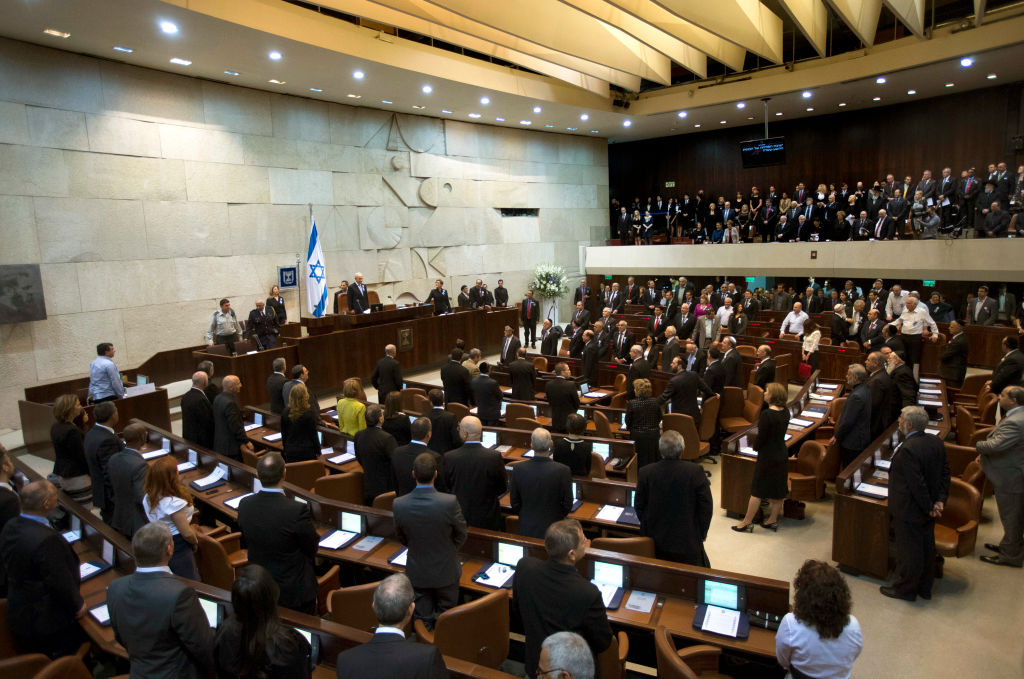After the general election produced the most disproportionate result in history, there have been fresh calls to replace the first-past-the-post system with a fairer, more proportional system.
Usually, these arguments are heard mostly from the left, especially from the Lib Dems and the Greens. This time around it is supporters of Reform, who hold 0.8 per cent of the seats in the Commons despite winning 14.3 per cent of the vote, making the loudest calls for proportional representation (PR).
On the face it, they have a strong case. Under the current system millions of votes are wasted, and the seat share of most parties usually bears no resemblance to their share of the vote. Even though the Greens had their best ever result, capturing four seats, this is only one-tenth of the number that they would have won under PR. Meanwhile, Reform’s meagre haul was still better than Ukip’s result in 2015, when 3.8 million votes translated into just one seat – Farage’s current constituency of Clacton, where Douglas Carswell rejoined the Tories two years later anyway.
But the experience of Israel, where they have a pure PR system (there are no constituencies, electors vote for a party, and the share of the seats perfectly reflects the share of the vote) suggests that both left and right should be careful what they wish for, and that proportional systems produce awkward and sometimes disastrous results.
The absence of constituencies mean that Knesset members never conduct constituency surgeries, nor can they be lobbied by their constituents. This means that national-level politicians are often out of step with the views of their own party’s voters.
Both left and right should be careful what they wish for
In Israel, PR also allows a small number of religious fundamentalists who represent no more than 10 per cent of the population to act as kingmakers and exert a political influence vastly disproportionate to their numbers.
If such a system was adopted in the UK it would presumably lead to the disintegration and replacement of the main parties, with the Labour left and the Greens forming a new ‘trans and Palestine’ party, centrist Tories and Labourites forming a British version of Emmanuel Macron’s Ensemble, and the emergence of a socially-conservative, social democratic party, based on the support of Blue Labour and Red Tory voters.
The experience of Israel and other countries such as the Netherlands shows it wouldn’t stop there: there is a distinct possibility of a ‘religious rights’ party, opposed to abortion and LGBT rights winning a few seats – and potentially forcing concessions from the mainstream right-wing parties in exchange for their support.
The demographics of the support base for such a party might make many on the left uncomfortable, whilst creating the kind of communal politics many on the right have long feared.
The success of the five pro-Palestine independents and the near misses for Wes Streeting and Jess Philips came despite first past the post; and with a PR system, single-issue parties and those based on ethnic or religious groups would fare much better.
There’s a strong argument that the failure of ethnic or religious based parties to gain electoral success in mainland Britain thus far is due to FPTP. Back in the 1960s and 1970s, partly as a result of the hostility that many immigrants received from both the Conservative and Labour parties, there were attempts to set up ethnic or religious based parties back then, with the Pakistan People’s party establishing branches in the UK. But when it became apparent that, under FPTP, such parties would only dilute the electoral influence of different groups, they failed to gain support.
Proportional representation splits societies even more along demographic lines. Israel’s experience shows it’s a terrible idea.






Comments